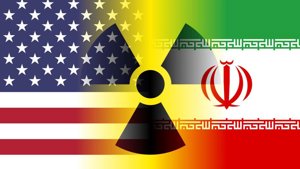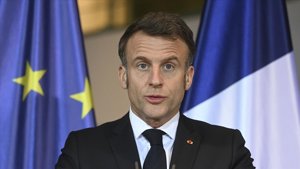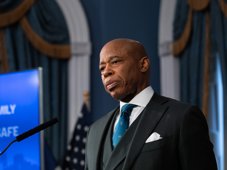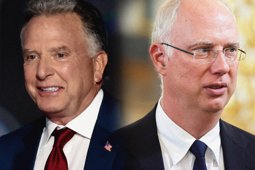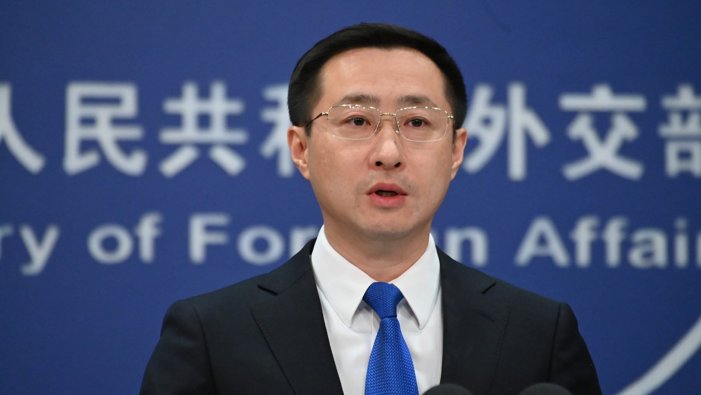
Trump Warns China, Vance Sparks Outrage
U.S. President Donald Trump announced plans to impose a 50% tariff on Chinese goods starting Wednesday unless Beijing retracts its 34% retaliatory tariffs. In response, China’s Commerce Ministry warned that the country would “fight to the end” to defend its interests. The ministry condemned the move as a “mistake on top of a mistake,” accusing the United States of engaging in blackmail diplomacy.
Chinese media reported that authorities have prepared at least six countermeasures in response. These include banning U.S. movies from Chinese theaters, investigating intellectual property advantages held by American companies, raising tariffs on U.S. agricultural products, banning poultry imports, retaliating in the service trade sector, and halting cooperation on fentanyl-related issues. The timeline for the implementation of these measures has not yet been disclosed.
In a separate but related development, China sharply criticized U.S. Vice President JD Vance for recent remarks he made regarding trade. In an interview, Vance said the U.S. borrows money “from Chinese peasants to buy the things those Chinese peasants manufacture.” Chinese Foreign Ministry spokesperson Lin Jian called the statement “ignorant and impolite,” expressing shock and disappointment that such words came from the vice president of the United States.
“China will continue to take resolute and strong measures to safeguard our legitimate rights and interests,” Lin added, insisting that Washington must show “equality, respect, and reciprocity” if it wants to resolve the trade conflict through serious dialogue. Lin also stated that Vance's comments erode diplomatic trust at a time when cooperation is most needed.
Later the same day, Israeli Prime Minister Benjamin Netanyahu met with Vice President JD Vance in Washington, D.C., following his earlier meeting with President Trump. The diplomatic engagement between the two allies occurred amid heightened tensions on the global economic stage, particularly surrounding U.S.-China relations and the growing trade conflict.


